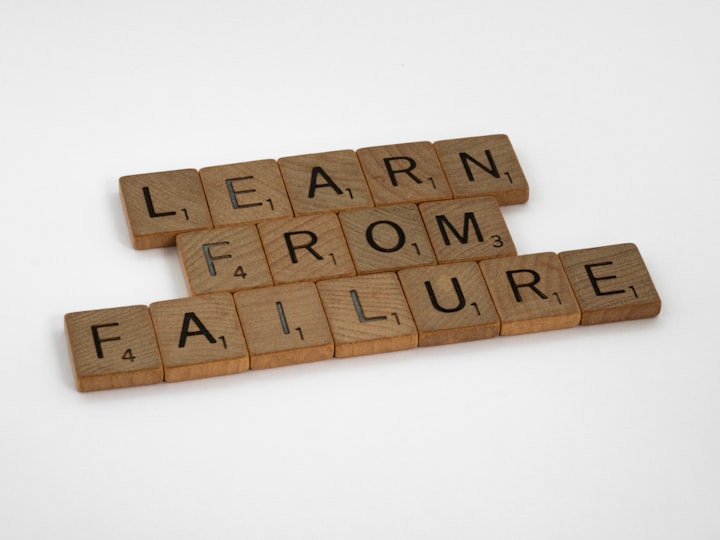how to correct your mistakes
correct your mistakes

In a 2019 have a look at, over four hundred individuals had been enlisted to study a mysterious, invented language. Individuals had been requested approximately 3 pairs of runes—for example, which of those characters represents an animal? Then, after a quick break, they had been requested approximately the equal rune pairs with questions flipped, as in, which of those runes represents a non-dwelling object? But this recreation had a secret: the subjects` solutions in spherical one decided the runes` meanings in spherical . In the primary spherical, individuals both had all their solutions marked as accurate irrespective of what, or they had been pressured to fail each question. This intended that on the break, each player had the equal quantity of information, and in spherical , they had been gambling for real. But in spite of this even gambling field, the a success individuals from spherical one rose to the pinnacle of the ranks, whilst the ones solid as disasters kept, well, failing. People frequently describe failure as a teachable moment—a vital hit upon our manner to improvement. But studying from our errors is not clean, particularly whilst the ones disasters are demoralising, overwhelming, or simply downright confusing. So what precisely prevents us from turning our errors into mastery? Perhaps the maximum apparent hurdle to studying from failure is how painful it could be. People normally need to think about themselves as succesful and competent, and experiencing failure threatens that self-image. In a survey following a replication of the rune have a look at, individuals withinside the failure institution indicated a great deal decrease degrees of self-self assurance after participating. It`s tempting to push aside this ache as a transient setback. But a few research have discovered that once humans sense demoralised or incompetent, their brains frequently forestall processing new information. This indicates that if a chance for your shallowness is big enough, it could undermine your cappotential to study. However, your tolerance for failure additionally relies upon to your courting with the undertaking at hand. In a have a look at from 2011, researchers surveyed a collection of American college students enrolled in introductory and superior French courses. These college students finished a questionnaire asking what type of trainer they preferred—person who emphasized their strengths and successes, or person who highlighted their errors and corrected their weaknesses. In general, responses confirmed that whilst amateur college students sought tremendous reinforcement, superior college students had been greater keen for essential feedback. Researchers have theorised a handful of reasons for those results. Having simply began out out, novices are nonetheless figuring out in the event that they revel in studying French and in the event that they need to hold studying, so they may crave reward as a manner to live motivated. On the alternative hand, the superior college students are already invested, so they will need to enhance their competencies as correctly as possible. The technique of gaining know-how additionally comes with its honest proportion of failure, so the superior college students might also additionally have constructed a better tolerance for making errors. But whether or not you are an professional or a novice, it`s generally a great deal greater honest to study out of your successes than out of your disasters. For example, consider getting your grade returned on an exam. If you aced it, you may fairly count on you made accurate alternatives round whilst, what, and what kind of to have a look at, and you may reflect the ones choices for the following take a look at. But in case you failed, it is able to be for any range of reasons. Maybe you didn`t have a look at enough, perhaps you studied the incorrect information, or perhaps you probably did the entirety proper and the take a look at included belongings you should not were predicted to know. In instances like this, it`s uncertain precisely what went wrong, making it tough to discover ways to improve. Wanting to study from our disasters is absolutely natural, and there`s plenty to advantage through being resilient and cultivating a increase mindset. But fixating to your disasters could make it clean to neglect about all of your successes. And constructing on what you`re doing proper may be greater powerful than that specialize in what you probably did wrong.





Comments
There are no comments for this story
Be the first to respond and start the conversation.